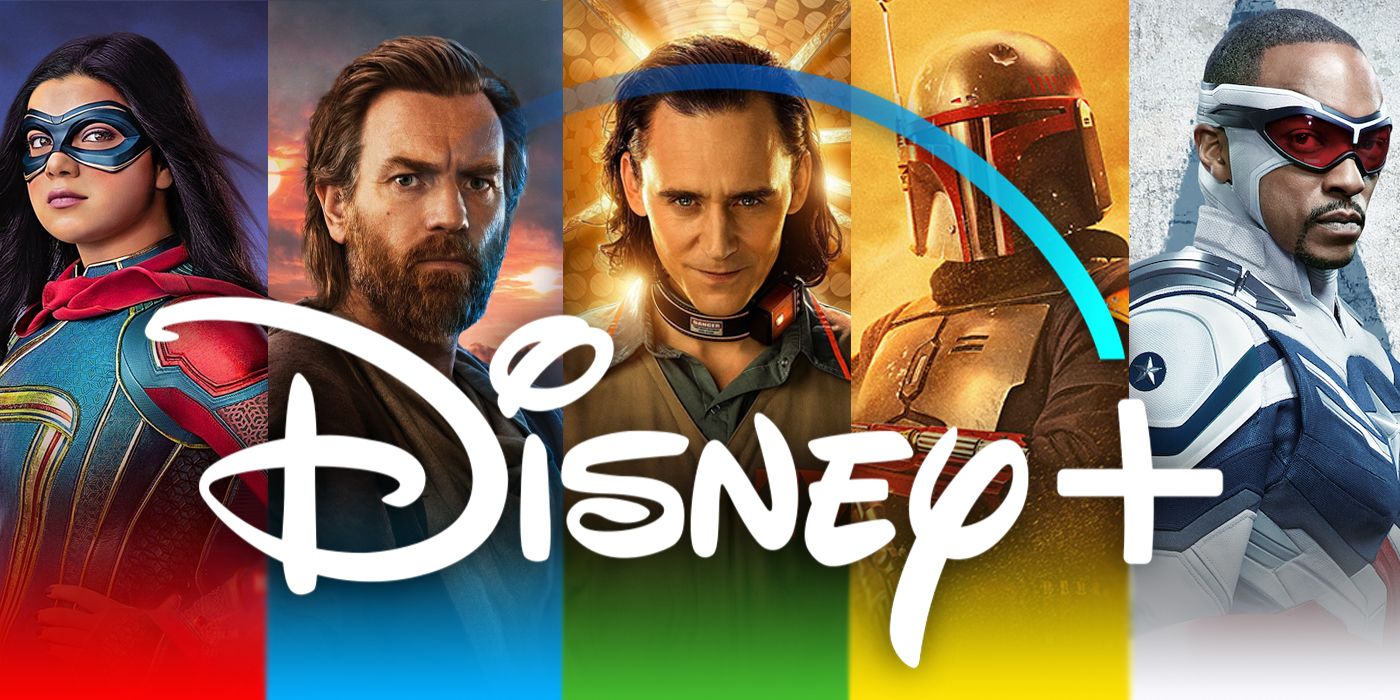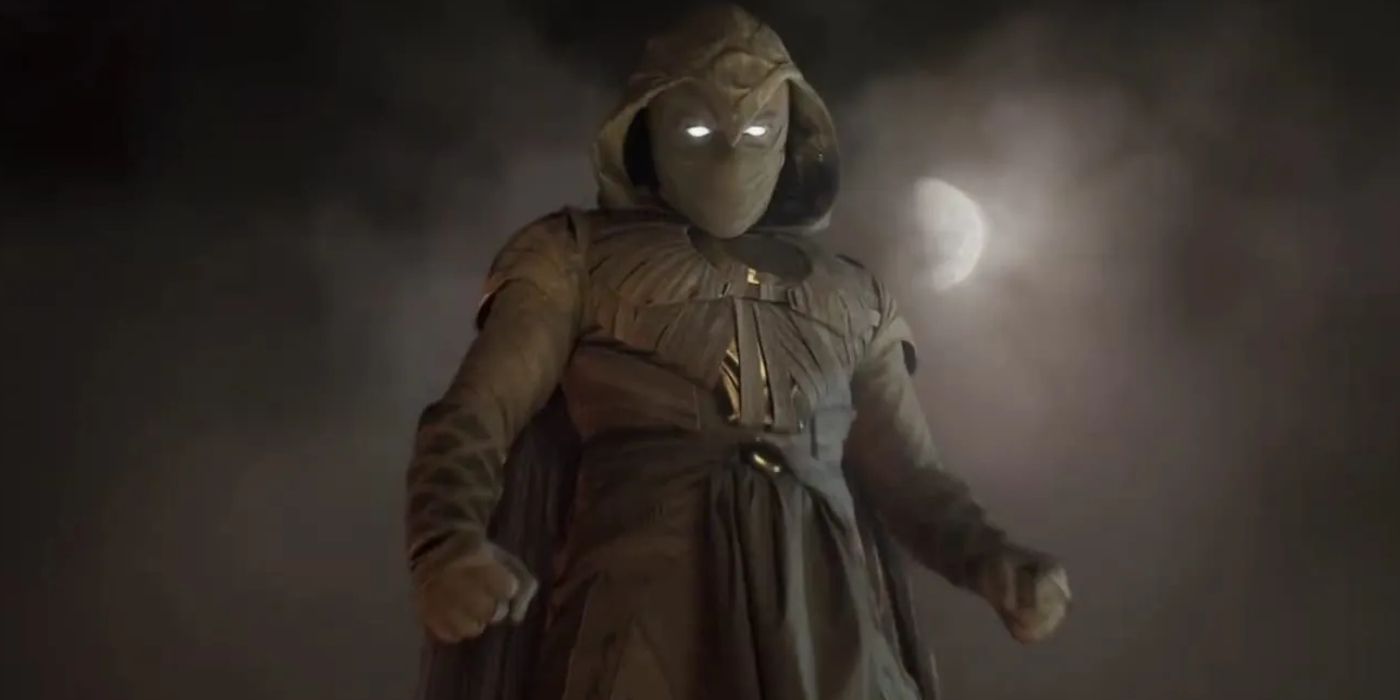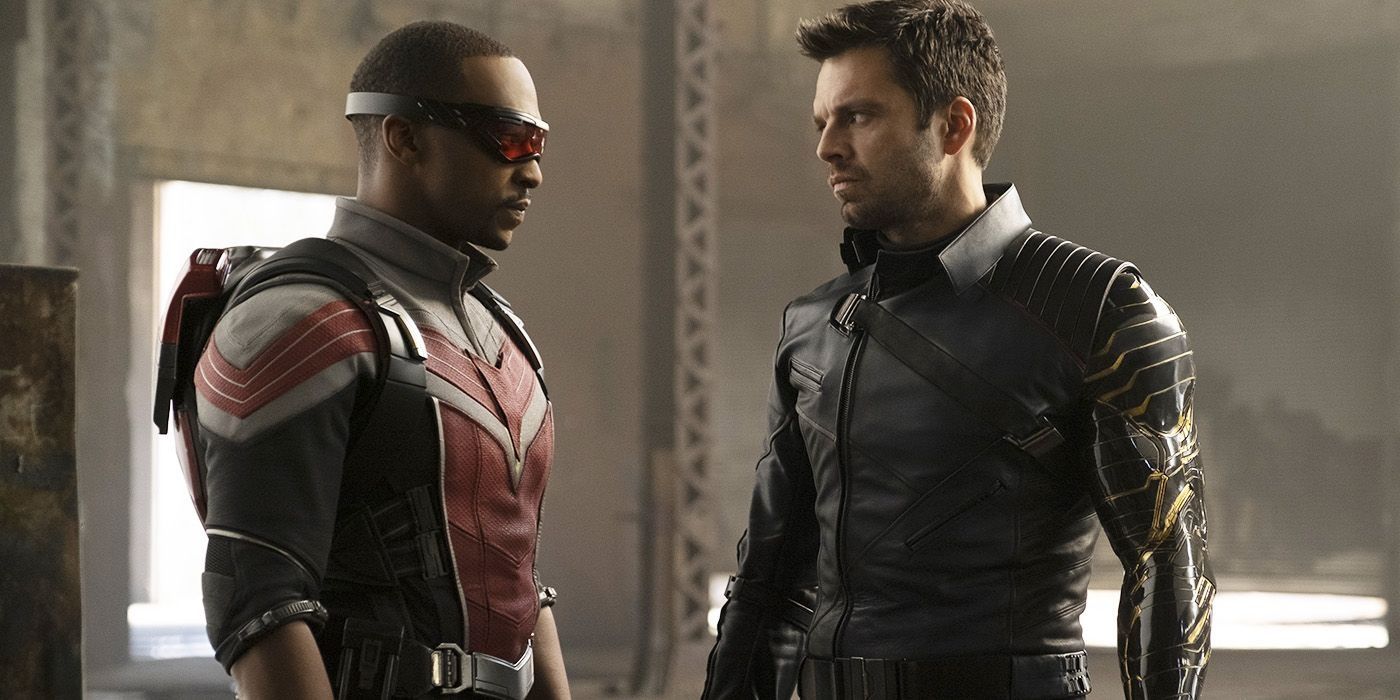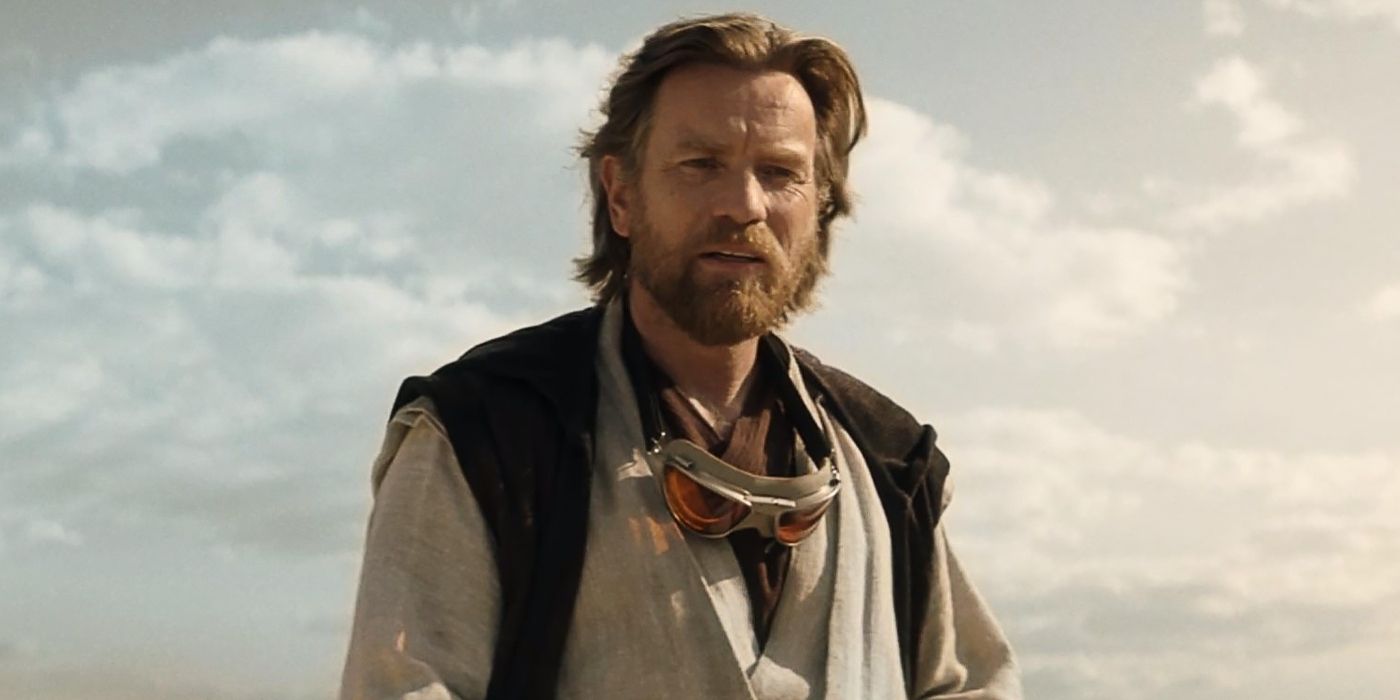Disney+ has revolutionized the storytelling of both the Marvel Cinematic Universe and Star Wars franchise, especially in the case of the MCU, with three to four series releasing each year, connecting with the films to create one big picture. While fans have enjoyed the series released on the streaming service, many are plagued by the same reoccurring problem- and that is the "6-hour movie."
In an interview with Vulture, The Boys (2019-present) showrunner Eric Kripke, attacked the model used by streaming services critiquing the idea of the "10-hour movie," and the pacing issues that come with it. Kripke goes on point out how a lot of shows will give you eight hours of relatively little content, before building towards the finale where the plot actually progresses. While these words are certainly harsh, there is a definite level of truth to them, and it's a sentiment shared by many fans of Disney+ properties, with recent shows like Obi-Wan Kenobi (2022) being criticized for falling into this trap. With Marvel Studios announcing a new slate of shows at San Diego Comic Con, let's see where they have perhaps gone wrong in the past and how they can hopefully rectify this in the future.
Disney+ shows can be usually separated into two categories. First is the ongoing series, which encompasses shows like the very first Disney+ original, The Mandalorian (2019-present), as well as Loki (2021-present) and What If? (2021-present). These shows have had or will have multiple seasons, with Loki Season 2 currently filming for a Summer 2023 release date. The other type of series is the limited series. This is where the "6-hour movie" problem thrives. First, before getting started, it is worth noting the shows aren't really six hours' worth of content, mostly due to recaps and credits, leaving only about 30-40 minutes of actual episode.
Now, the majority of the series produced for Disney+ are limited series, which are shows that only intend to run for one season, containing one storyline that follows through from episode to episode, almost like a movie. Except it isn't a movie and showrunners need to realize that. That isn't to say that all limited series have suffered from the same issue, with Moon Knight (2022) and Ms. Marvel (2022) both succeeding where other shows failed, but in particular, there are two shows that were unfortunately brought down the most by its formatting, like The Falcon and The Winter Soldier (2021) and the above-mentioned Obi-Wan Kenobi.
These two shows, while being massively different, are both treated like movies, with The Falcon and The Winter Soldier pretty much being Captain America 4, and in Obi-Wan Kenobi's case, literally being the script for a film translated into a series instead. When watching both of these series it does almost feel like watching a film broken up into six parts. The Falcon and The Winter Soldier, for example, followed the two titular characters on a globe-trotting adventure, pitting them against an army of super soldiers, an old villain from their pasts and a brand-new government-endorsed Captain America, all the while showing Sam Wilson's acceptance of the shield.
The Falcon and The Winter Soldier is a Marvel movie in disguise. As a limited series, it presents itself exactly as a film, yet forgets to take into account the fundamental differences between the two forms of media. The show attempts to stretch a plot that is just about enough to cover a two-hour film across six hours of television, therefore leaving so much time when nothing really happens. Now some would say the benefit of having six hours as opposed to two is that you can explore so much more and while this is true, it only works if you use that time wisely. If nothing happens then it's just a waste of time, and if audience members are waiting a week for the next episode, only for it to be slow-moving again, it constantly leaves them with the feeling of deflation.
One way of thinking about it is if you take a Marvel movie, like Captain America: The Winter Soldier (2014) and if instead of watching it in one sitting, you instead watched 20 minutes at a time (which is sometimes what each episode ends up coming to anyway) and then wait a week to watch another. It wouldn't work. While the product of the film is fantastic in one sitting, it's unlikely to have the same effect stretched over six weeks. And this is what it feels like watching The Falcon and The Winter Soldier. There is so much to admire about the show, yet waiting each week for not much to really happen affects the overall enjoyment of the series.
However, this method of television can work, Disney+ is just going about it the wrong way. If it's insistent on telling its stories as "6-hour movies," then a better method of release would be dropping all six at once, allowing audiences to watch it as a "film." This would have also benefited Obi-Wan Kenobi.
There really is so much to enjoy about Obi-Wan Kenobi. From its brilliant visuals, direction, performances and fight scenes, yet the show is seriously bogged down by its passing, encompassing the "6-hour" format in its entirety. The series would work so much better as a film, and as mentioned was fully intended to be one, with the script for the first series being written as the first movie of a planned trilogy. The series suffers more than the other mentioned shows with the first two episodes being incredibly slow, while still delivering some great character moments. Again, after watching, audiences are left with the feeling that not much has really happened, and instead sit back waiting for the next episode to arrive.
A condensed version of those opening episodes would work perfectly as the introduction to a film. The first two episodes were released on the same day, with episode three really being where the show starts to get going, finally building further in episodes five and six. So out of six episodes, it does feel at times that stuff actually only happens in three of them. This series would have worked better as a film, with one fan even editing the series together to make one two-and-a-half-hour movie, which many believe fixes the pacing issues. Obi-Wan Kenobi also aired against Ms. Marvel, which only further highlighted how much better that show's approach to serialized storytelling is.
Overall, going forward Disney+ would benefit from rethinking how they make limited series. There are so many benefits to the medium of television, especially weekly episodic television, and the storytelling of both Marvel and Star Wars could be greatly improved by it. With both She-Hulk: Attorney at Law (2022) and Andor (2022) set to air next month (which both appear to be ongoing series) and the recently announced new 18-episode Daredevil series debuting in 2024, let's hope that Disney+ shows start to improve and truly start to embrace television as its own art form.




